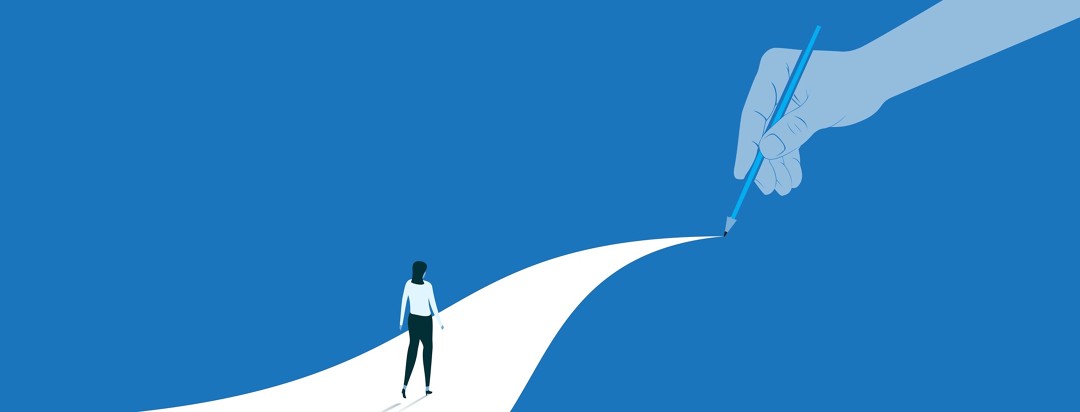A Simple Guide to the First Few Weeks During Diagnosis
In those first few weeks/month after your bladder cancer diagnosis, you will be sent off for scans and blood tests, and it will all be a whirlwind. I'm going to try and explain, in simple language, what those scans and tests are for to help you prepare for the next steps...
Ultrasound
Sometimes called a "sonogram" - this uses high frequency sound waves to create an image of your urinary tract (bladder, kidneys urethers). You will be asked to drink between 1-2 litres of water, usually an hour before and not to empty your bladder till after the scan. You will have a small amount of cold gel placed on the outside of your body where your bladder/kidneys are, they will use a hand held scanner and place this onto the gel. Images will come through on the monitor in the room. It can get little uncomfortable if your bladders full.
Flexible cystoscopy
This is usually done under local anesthetic, so you are normally awake. It doesn't hurt, but is a little uncomfortable. A Consultant or a Specialist Nurse do this. A "Cystoscope" (long thin flexible tube with a camera on the end) is inserted into the urethra (tube that carries your pee out of your body) and into the bladder. As you are awake, you can see the inside of your bladder.
CT scan
This scan is able to take pictures of your insides, from all different angles. You may have contrast with it, which is where they insert a "dye" via a cannula. The dye will make you feel like you are having a hot flush throughout your body, and it may make you feel that you are peeing. This scan will show you whether the tumor is within the bladder or if it has gone through the bladder wall.
PET scan
This is where they will inject you with a radioactive material, via a cannula. You will then have to sit still for roughly an hour, and then the scan will begin. It usually takes between 25-30 minutes. It can be a bit claustrophobic, so if I were you I would take an eye mask with you. This scan shows the "cancer" cells as "light". This scan shows where the cancer has spread, too.
As with all scans, you will not get the results on the day, the radiographer will produce a report and that will go to your Consultant/Oncologist.
Biopsy
You will have a Biopsy. This is where they will take a bit of your tumor and send it off to the lab. The purpose of this is to determine if it is cancer or a benign tumor, and if it is cancer, what type of cancer it is.
Once your cancer is confirmed, you will be told what "grade" or "stage" you are. This will then determine what type of treatment you receive and how much you have. You will talk all of this through with your Oncologist or Consultant.
TURBT
This is done under a general anesthetic; basically, it is where the Consultant goes into the bladder and removes any tumors that are there. Depending on what they find, you may wake up with a catheter and have to stay in overnight. There is usually a little discomfort for few days, pain while peeing and twinges.
Every journey is different
Your healthcare team will want to make sure you are happy with the treatment going ahead, and they really are the best people to speak to about it. However tempting Dr. Google seems, try and stay away from him. You will only send yourself round the bend, and please try to remember that everyone's journey is different, and we all respond in different ways.
Be prepared for things not to go as "planned". You will need to be flexible; cancer isn't predictable. Cancer can throw a wrench into things; just when you think your treatment plan is all organized, things can happen, and maybe your blood count is too low for chemo, maybe they need to send you for another scan or cystoscopy, it is all very frustrating, especially if it is holding up your treatment.
Online support
Websites like BladderCancer.net globally, and Fight Bladder Cancer UK are good places to find information. They have a wealth of information, specifically on experiences with Bladder Cancer.
BladdderCancer.net is an online community with articles written by Medical Experts, and it also has many people, like myself, sharing our personal stories and experiences. Fight Bladder Cancer UK is a small Charity, started by Andrew, who himself has Bladder Cancer. Both their Facebook pages help to support many sufferers and their family and friends in the UK and beyond.
Community Poll
Have you taken our In America survey yet?

Join the conversation